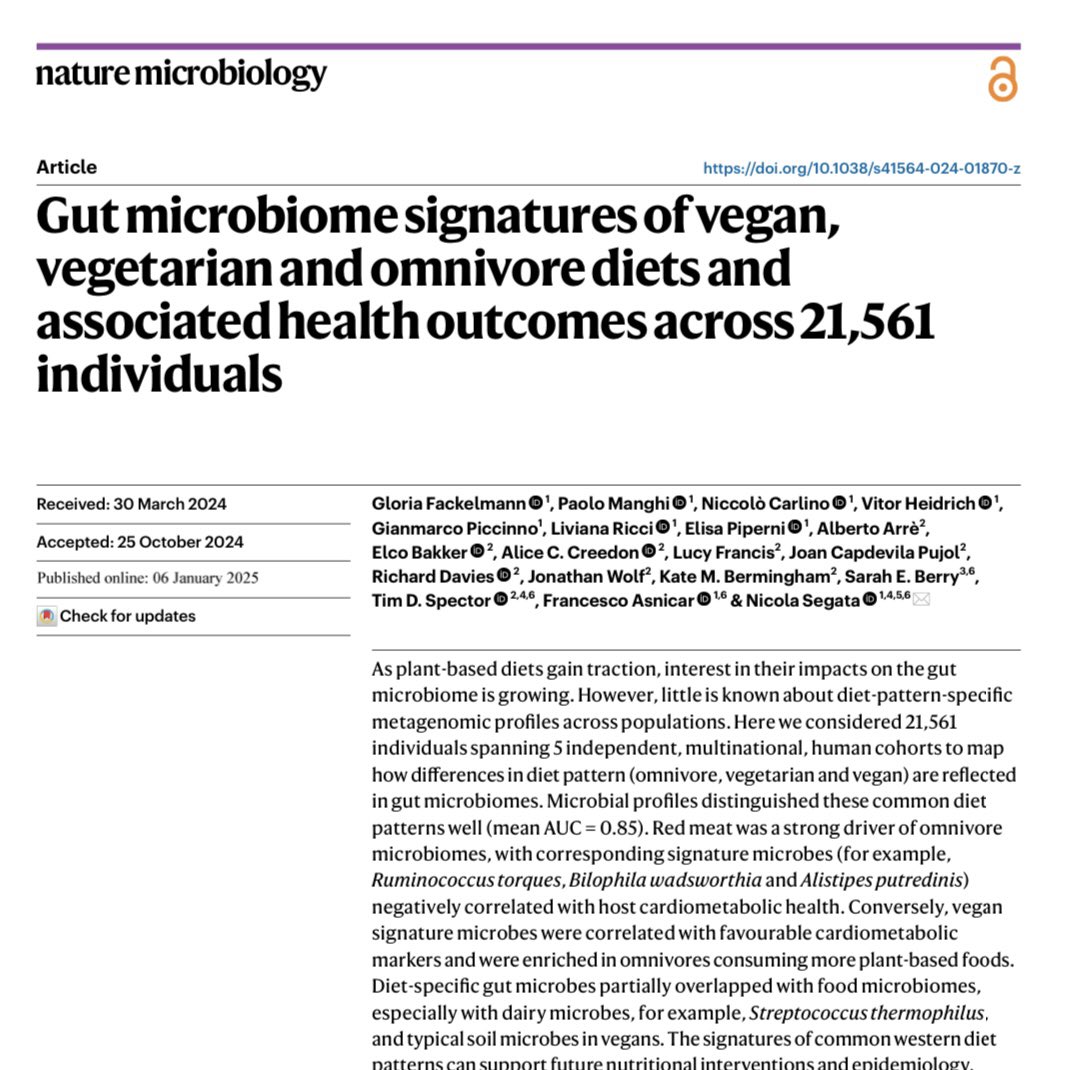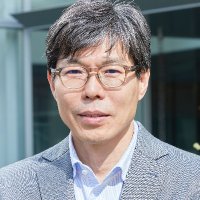
Kenya Honda
@honda1kenya
I'm a Professor at Keio University School of Medicine in Tokyo studying the impact of the human gut microbiome on immunity, metabolism, and healthy longevity.
ID: 1584216780230512641
23-10-2022 16:15:06
111 Tweet
404 Takipçi
95 Takip Edilen
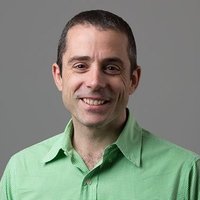
Great catching up with Vedanta Biosciences cofounder Kenya Honda and Vedanta Biosciences alumni Yungi Kim at Keio University. Kenya’s lab has become a powerhouse, so lucky to work with him
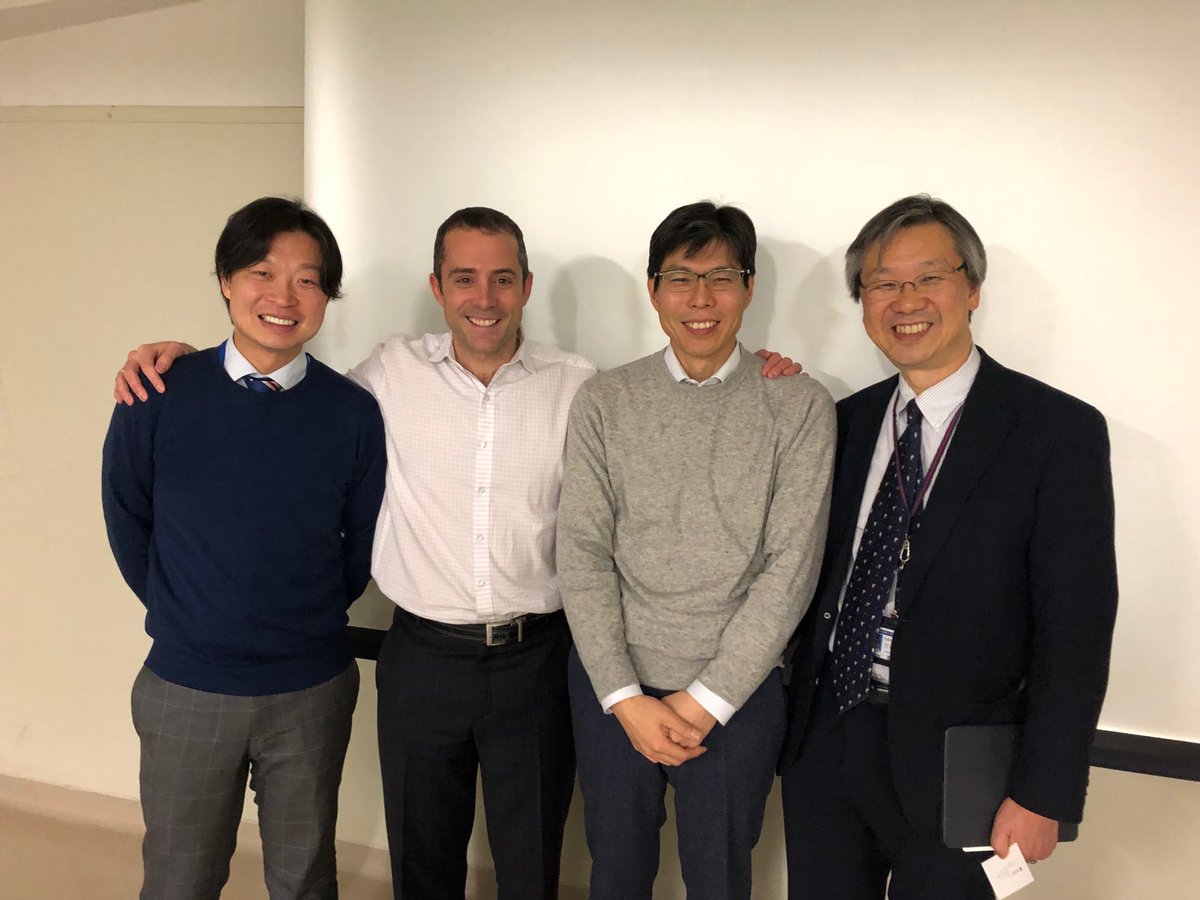
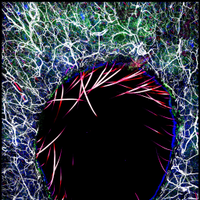
Happy to share our recent work let by postdoc verenalink (she/her) published today in Nature Medicine. 👩🔬🥳Ketogenic and vegan diet differentially impact human immune system, microbiome and metabolism. (1/7) 🧵👇 nature.com/articles/s4159…

We are excited to share our preprint titled "Analysis and culturing of the prototypic crAssphage reveals a phage-plasmid lifestyle" biorxiv.org/content/10.110… A big thanks to my coauthors:Angela Hickey Ivan Liachko 🇺🇦 @ivanliachko.bsky.social Gavin Sherlock and Ami Bhatt


See some of our favorite submissions from our #Immunity30th Anniversary cover contest! Learn more about the creative immunologists who made these beautiful covers and about what inspires them! cell.com/news-do/immuni… 🥔 Gabriel Rabinovich Kenya Honda Francesco Andreata @johanna_emgard
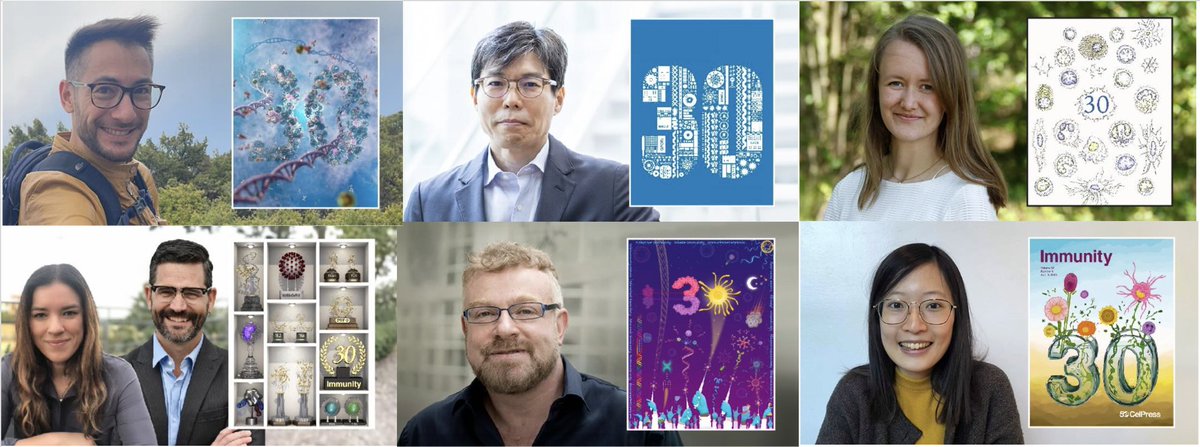



Cheers to HHMI Investigator Luciano Marraffini of Rockefeller University for being awarded the 2024 Genetics Society of America Medal.👏 Marraffini showed how CRISPR-Cas systems destroy genetic targets with precision, paving the way for gene editing technology development. genestogenomes.org/a-microbiologi…
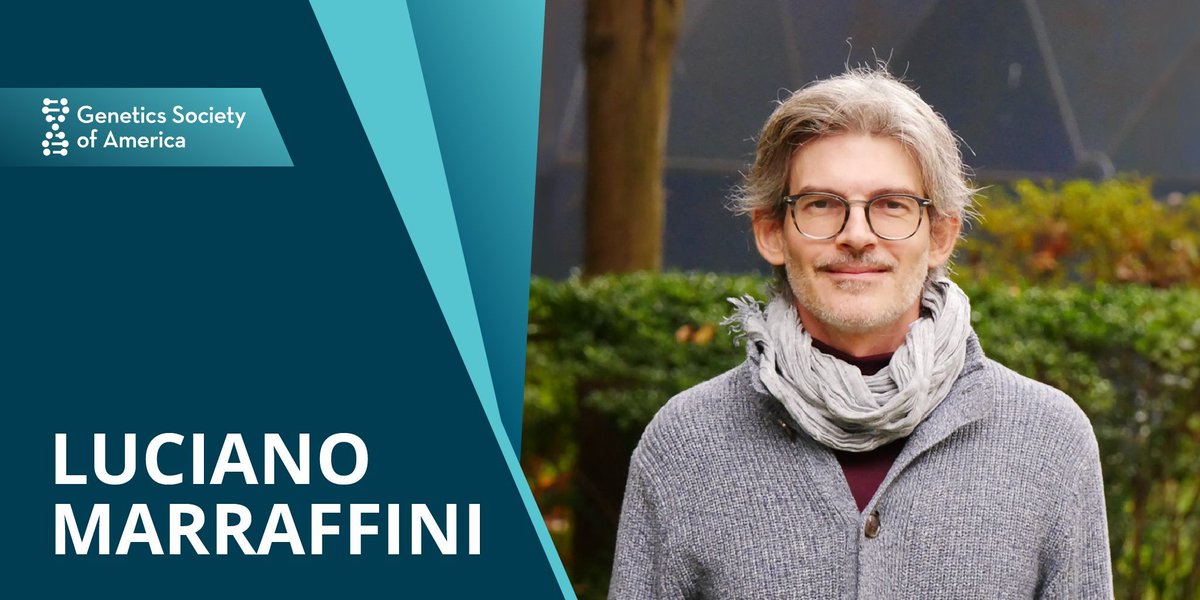

‘Cell Host & Microbe Special Issue presents a Microbial Survival Guide which consists of a series of reviews covering an array of stresses faced by microbes and their mechanisms to adapt and survive in adverse conditions. Take a look. hubs.li/Q02BJZxg0
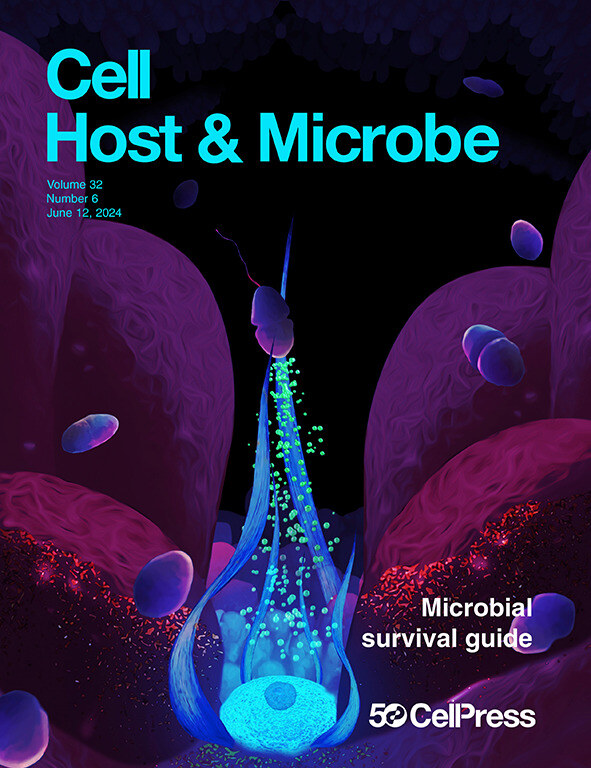




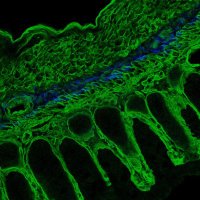



📢Excellent review Nature Reviews Gastroenterology & Hepatology🆕🔥 🚨The gut–brain🧠axis #Pain signalling mechanisms in the #GI tract‼️ #GutPain ✅The most recent advances on molecular communication between non-neuronal cell types & #neurons in #VisceralPain🔥 🎯Huge potential of #Spinal #Vagal



This work led by Jeremiah Faith 's lab at Mount Sinai maps the number of unique strains of a species that can stably colonize the human intestine for the most common human commensals. A useful guide for design of Live Biotherapeutic Products nature.com/articles/s4158…

Our new research out today in Nature Microbiology led by Nicola Segata expanding our knowledge on diet-microbiome-health connections in omnivores, vegetarians & vegans. 👇🏻 doi.org/10.1038/s41564…
